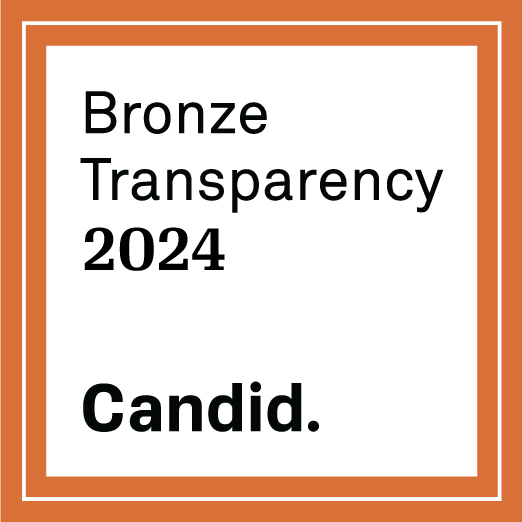WE BELIEVE
now remains the time for a national reckoning on race.
We envision a world where race no longer determines where we live or the quality of our lives, and
where all neighborhoods are thriving and inclusive.
WE WORK
to redress deep and longstanding systems of segregation.
The Redress Movement is committed to building a multi-racial movement that supports communities in taking collective action to redress racial segregation. We work in deep partnership with local communities to repair the harm caused by intentional policies that segregate communities, and we do our work by educating, mobilizing, shifting the narrative, and winning redress victories. Our starting point is housing, but we work in solidarity with others who are telling the truth and facing the facts of history, taking accountability to redress the harms of the past, and taking action to heal our nation by dismantling the barriers that divide us.


FOLLOW US:
LOCAL STORIES OF SEGREGATION
The Redress Movement’s StoryMaps, designed by our in-house Research Team, provide detailed stories of segregation in Denver, Milwaukee, and Charlotte – from Jim Crow to now. Our Research Team has created these Local Stories of Segregation to illustrate how segregation reflects a collective series of actions taken by various levels of government, real estate professionals, private businesses, and individuals over decades. Though many of us may be familiar with the federal government’s relationship to segregation, these StoryMaps tell the stories of the real people and places directly impacted by discriminatory policies and practices of segregation as they occurred on the ground.
We’re confident these Local Stories of Segregation will be groundbreaking to the national conversation around racial segregation, and will mobilize neighbors and activists to join The Redress Movement’s on-the-ground organizing efforts.
Click on the links below to join the conversation.



